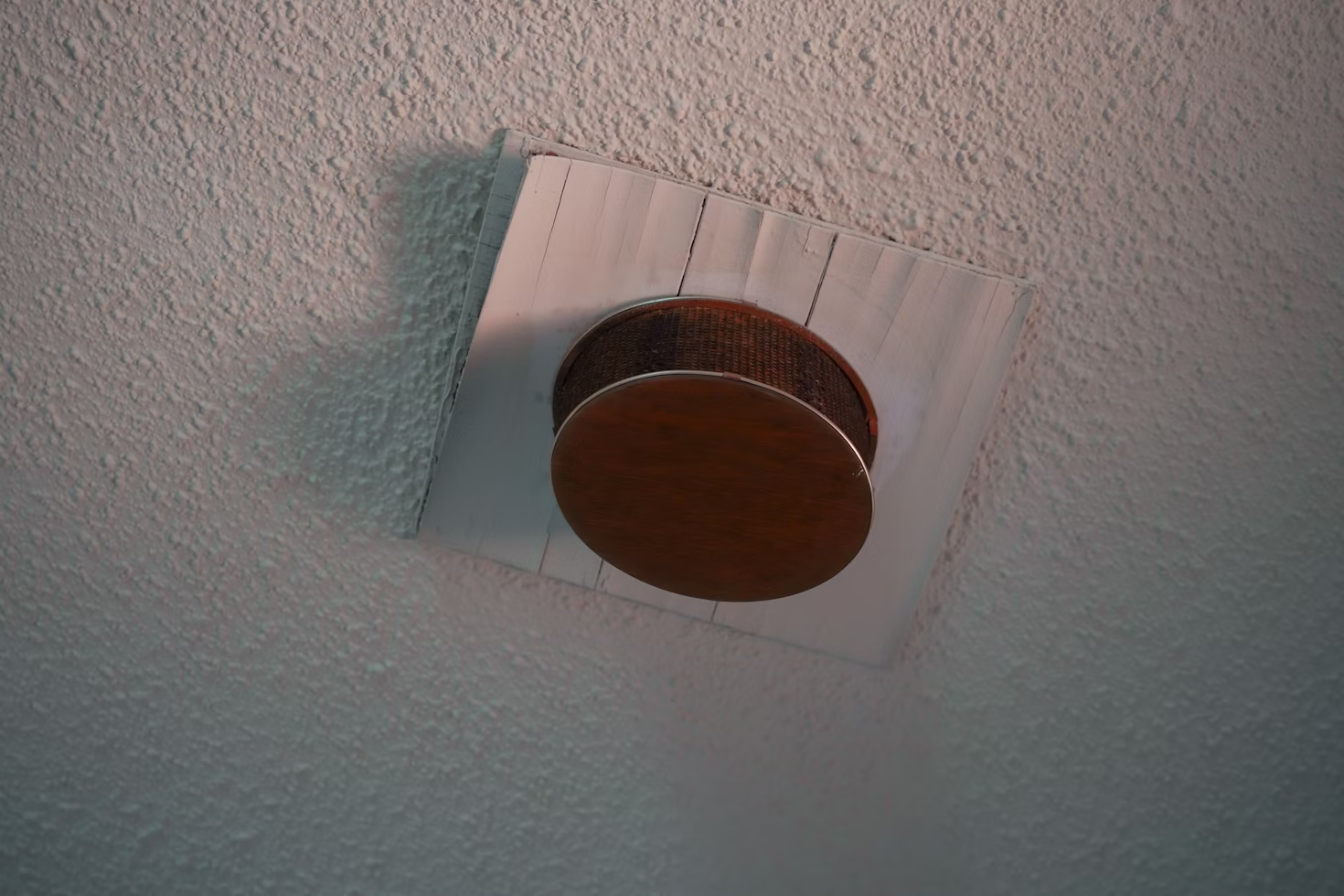- 773 741 1359
-
This email address is being protected from spambots. You need JavaScript enabled to view it.
Fire Safety Learning Center
Wireless vs Wired Smoke Detectors — Pros, Cons, Costs

Have you ever had your smoke alarm beeping in the middle of the night and found yourself half-asleep, standing on a chair trying to change a dying battery? Most of us have seen that disaster. However, selecting the right smoke alarm is about more than just convenience; it's also about compliance, safety, and peace of mind.
Knowing this, we have made this guide to break down the difference between wireless vs wired smoke detectors: their pros, cons, costs, and reliability. Whether you’re a landlord, property manager, or tenant, here’s how you can choose the best smoke detector for your apartments while meeting Chicago smoke detector requirements.
What “Wired” and “Wireless” Mean
A wired smoke detector is permanently connected to a building’s electrical system and is generally equipped with a backup battery. In fact, oftentimes these are interconnected, meaning if one alarm sounds, all the others connected to the system will go off as well. This aspect also makes them especially common in new construction or major renovations.
On the other hand, wireless smoke detectors work using batteries, often sealed for 10 years, and use radio frequency or Wi-Fi connection to interconnect without requiring any wires. Thus, making them the ideal choice for retrofits.
Pros And Cons — A Quick Comparison
Wired Smoke Detectors
|
Pros |
Cons |
|
|
Wireless Smoke Detectors
|
Pros |
Cons |
|
|
Cost Considerations
Often, cost will determine whether wired or wireless detectors are a better option. Wired detectors have a higher upfront cost because they require an electrician and additional materials; however usually will cost less over the long haul.
Wireless detectors, in contrast, are very straightforward and have a lower installation cost because the only cost involved is for the detectors, but they do have ongoing battery replacement costs unless they have a sealed 10-year battery.
Reliability And Performance
The NFPA stresses interconnected alarms because they provide earlier warnings by alerting users throughout the property. Moreover, wired systems have historically been the most reliable, offering steady power and consistent activation rates.
But wireless mesh technology has also been greatly improved, and has almost closed the gap. No matter which you choose, monthly testing is essential, and regardless of the type of detector, they need to be replaced every 10 years. For apartments, dual-sensor models offer broader protection across different fire scenarios.
Best Smoke Detector for Apartments — Quick Picks
The ideal smoke alarm for apartments has a balance of compliance, reliability, and convenience. For newer buildings, hardwired, interconnected alarms are best. But for older apartment buildings, a wireless 10-year sealed battery smoke alarm is a great alternative. Dual-sensor alarms or photoelectric alarms can add more safety for your occupants.
Maintenance Checklist
To help you stay compliant and safe, follow this simple checklist:
- Test monthly.
- Vacuum dust.
- Replace at 10 years.
- Change batteries as needed.
- Keep records for inspections.
Which Should You Choose?
If you’re building new, go wired for maximum reliability. For existing apartments, wireless 10-year sealed alarms make compliance simple. Always follow Chicago smoke detector requirements to avoid fines and protect residents. Need expert help for better instructions? Contact Connected Fire for licensed installation and inspection services that keep your property fire-ready.

